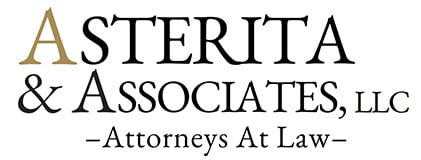Credit card debt has recently been making headlines for hitting historic highs. The commutative total of debt held by Americans reached a staggering $1 trillion. Not only is this the highest level credit card debt has reached in American history, but it underscores how frequently people use credit cards even for their everyday purchases.
What this also means is that many people constantly have revolving credit card debt. Even if they pay the card off at the end of the month, some of that debt remains and they may have debt cycling on multiple cards. Inevitably, this means that people will pass away with remaining credit card debt that has not yet been taken care of. Who is in charge of doing so?
The estate executor
Technically, the person who is in charge of doing this is the estate executor – also known as the estate administrator. They should inventory the debts that the estate has while looking at the assets. They can then use the financial assets to pay off the debts and settle those accounts.
But in this sense, it is the estate that pays the debts. Beneficiaries and family members are sometimes concerned that they are going to be responsible for paying this off, as if they have inherited that debt. But this isn’t how it works, debt isn’t inherited, and the only impact they would see is a reduction in the total value of the estate.
The financial side of this process can become complicated, and handling debt is just one thing to consider. All involved need to be well aware of their legal options.

